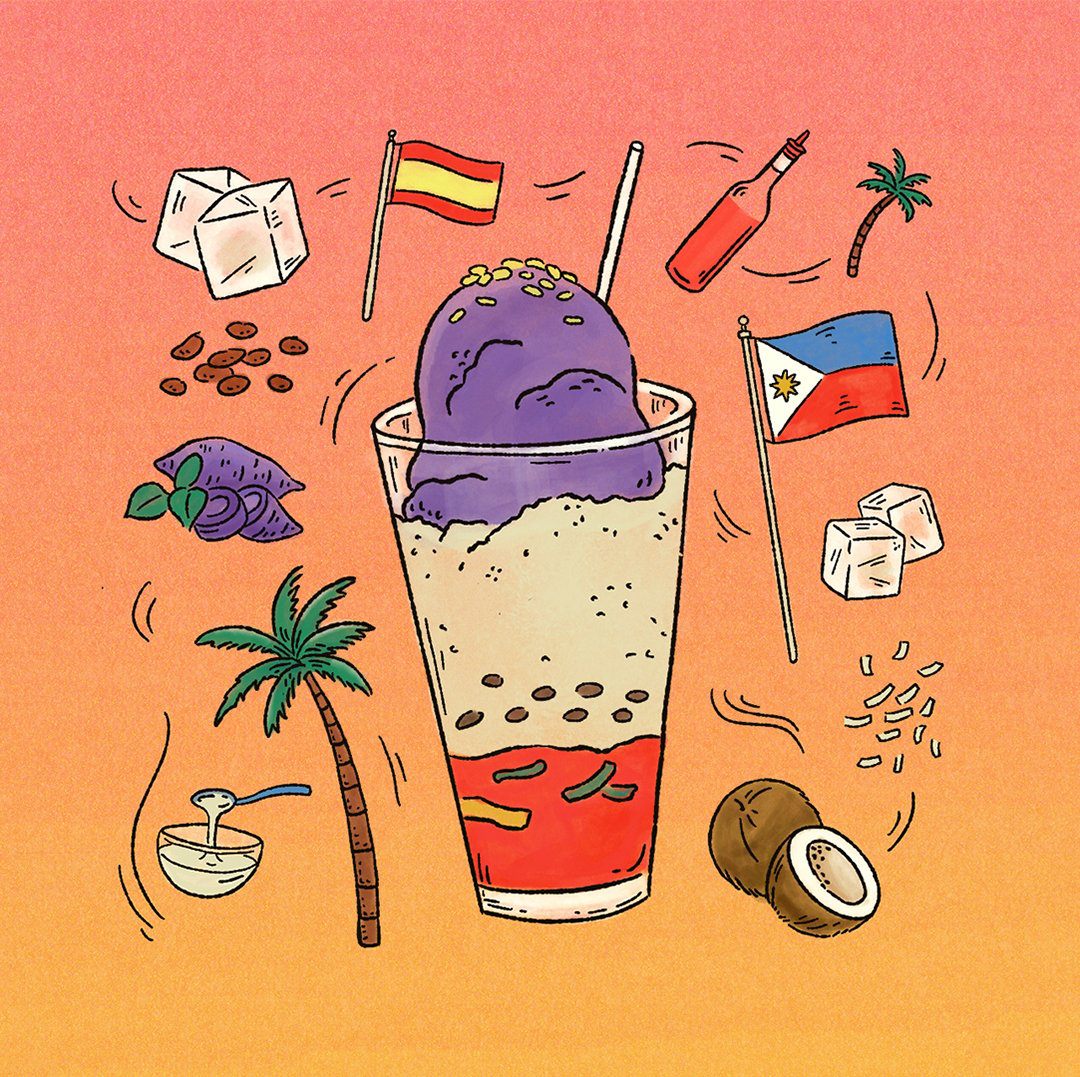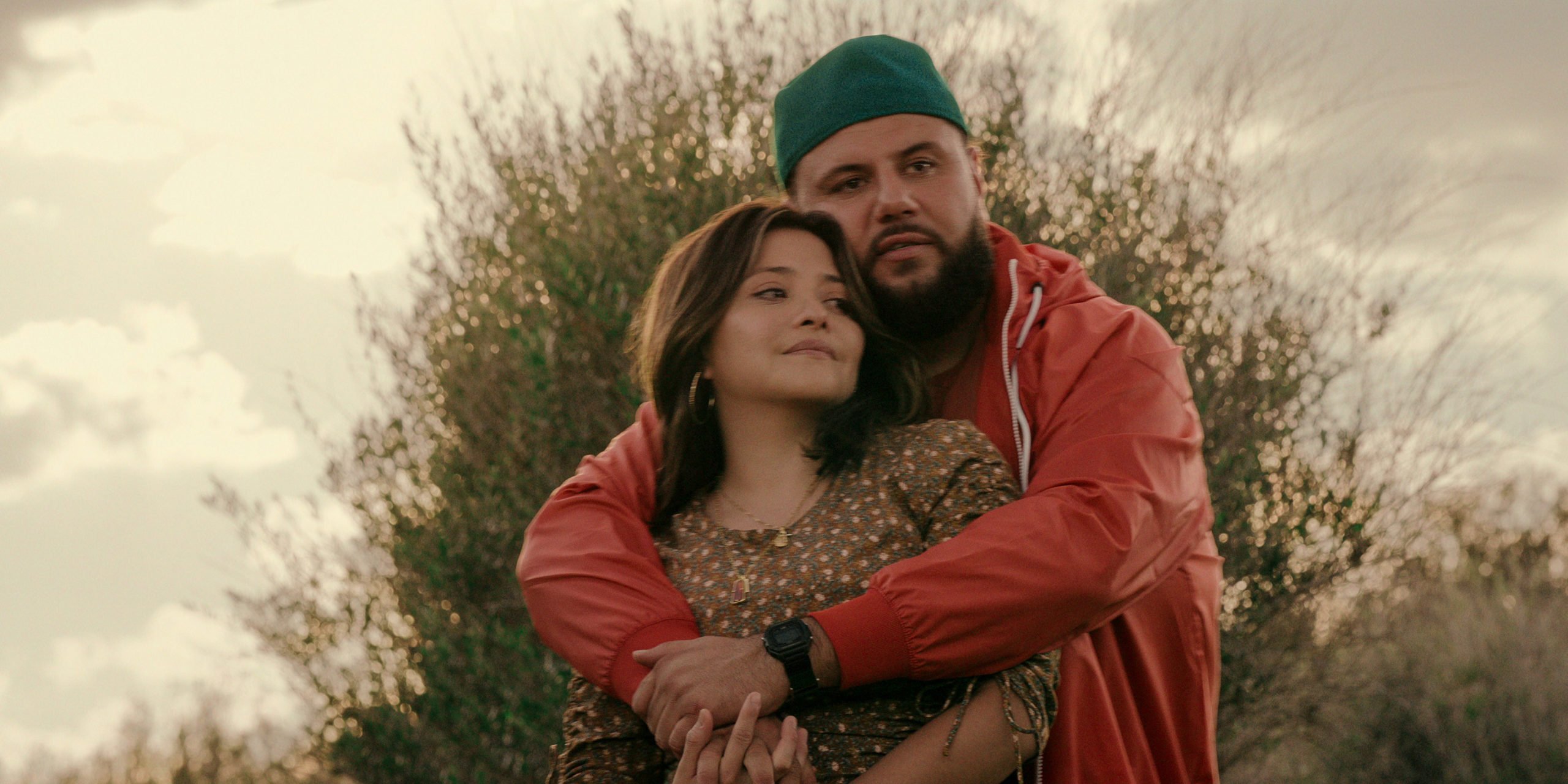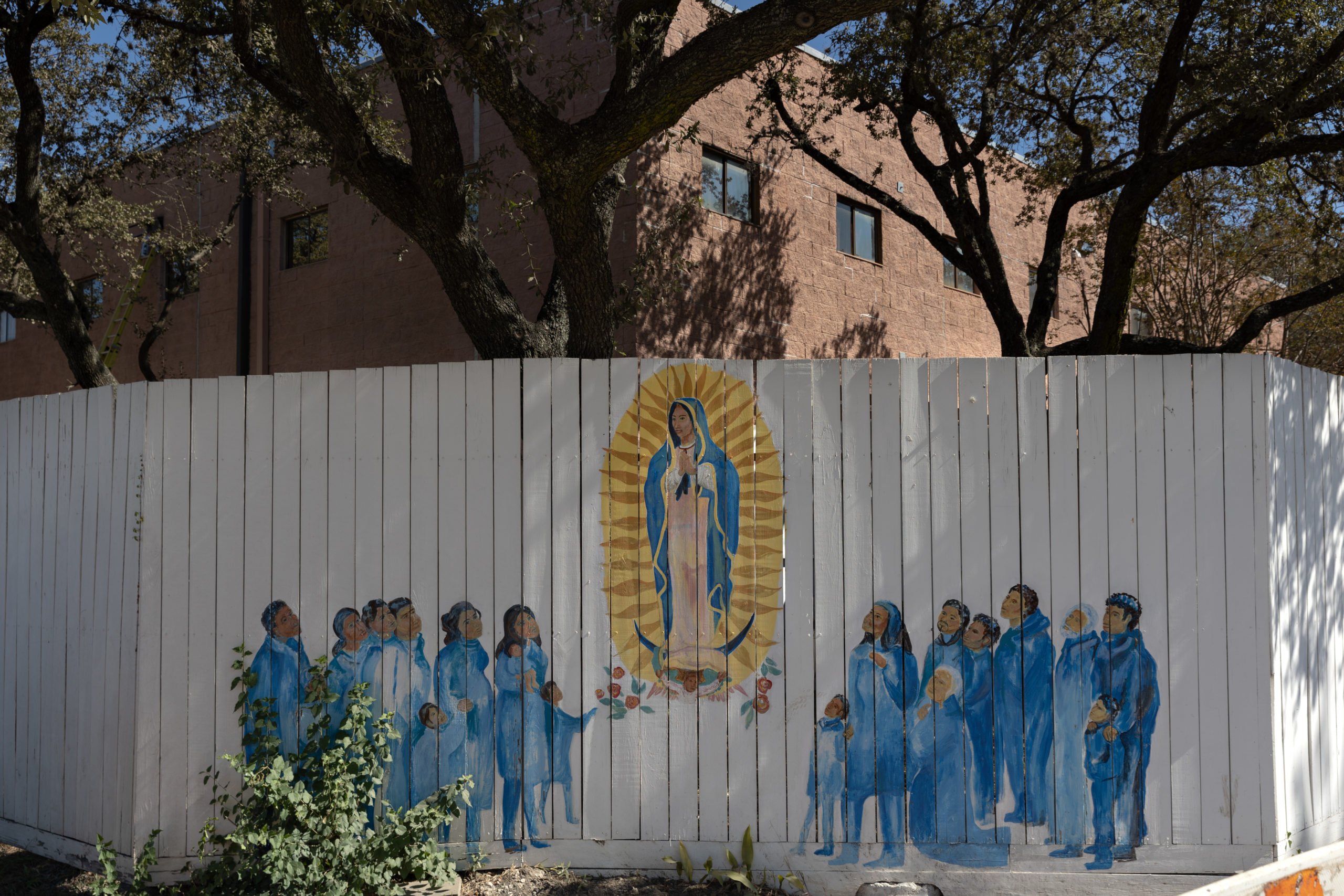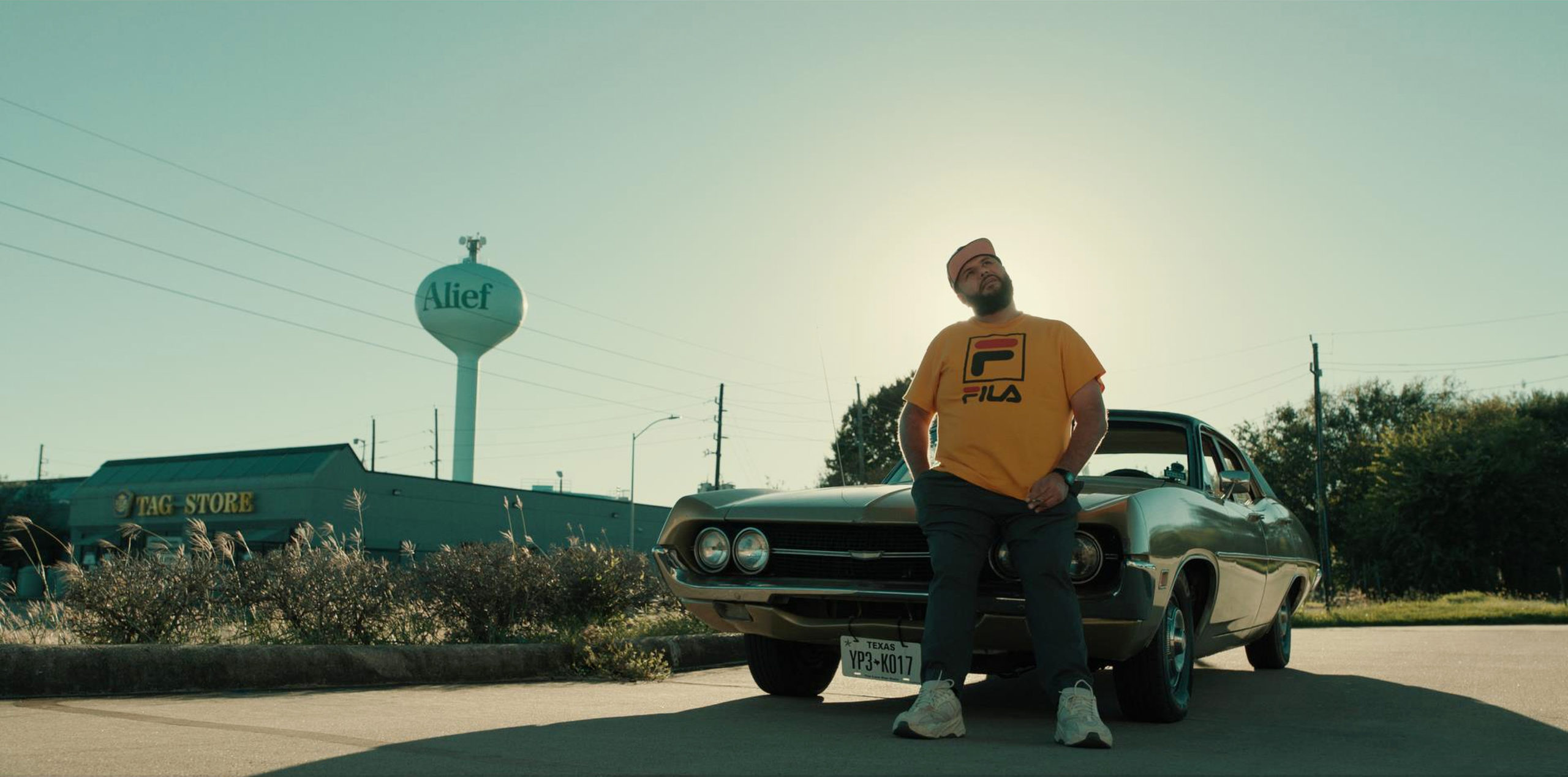
With Mohammed Amer, ‘Mo’ Means More Love
The Houston comic’s new Netflix show is an immigrant-asylee-personal dramedy that pays tribute to his love of Bayou City.
From the landmarks, music and people—among them, one is trill-ing, one is monuMINTal and one is sittin’ sidewayz—Houston-based comic Mohammed Amer’s latest endeavor really should have come with a disclaimer. “Hoard up on Bengay, Houstonians, since you will be pointing out all the references you know until your finger goes numb,” or something like that.
This Texas-based comic with Palestinian roots seems to be on a mission to put the Bayou City, Drake’s second home (or thee hot girl summer’s epicenter, you choose) on the cultural map with Mo, set to begin streaming on Netflix August 24. That said, his goal isn’t to create a celebrity city tour. Amer (together with Ramy Youssef of Hulu’s Ramy fame) have rendered all eight episodes of Mo a space where viewers can discover the real and the scripted, the momentary jolly and the lasting history.
After all, this show is a sorta-autobiographical riff on Amer’s American life. The Mo in Mo is Mo Najjar (Amer), a trilingual asylee who’s been calling the Houston suburb of Alief home after escaping the first Gulf War.
Rounding out Najjar’s circle are his mother Yusra (Farah Bsieso), father Mustafa (Mohammad Hindi), brother Sameer (Omar Elba), sister Nadia (Cherien Dabis) and girlfriend Maria (Teresa Ruiz). Other than Texas’ largest and most humid city, also expect familial love, displacement, finicky immigration, thorny religion, and more in Mo. The many uses of olive oil, also known as the hot sauce in Najjar’s (proverbial) bag, are also explored.Houston-based comic’s new Netflix show is an immigrant-asylee-personal dramedy that pays tribute to the sources of his life and light.
The Texas Observer spoke with Amer about Mo on those aforementioned topics, the showcasing of Houston, and giving all things Palestine a lot of screen time.
This interview has been edited for clarity and length.
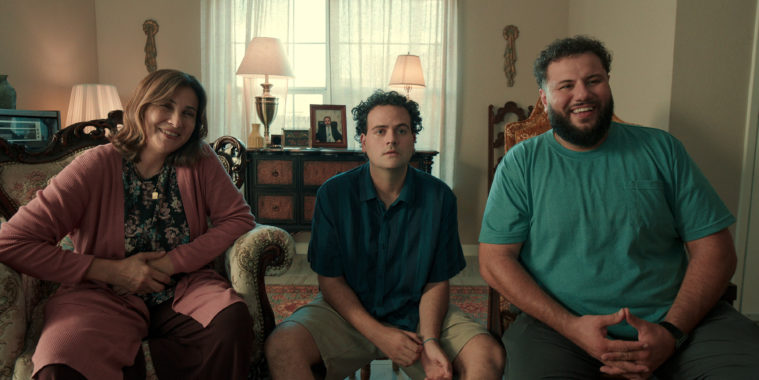
You “hit the ground running” introducing Houston in the pilot with the skyline, a Paul Wall song, Astros, Selena and Alief—was that the plan from the get-go?
Hell yeah, it was on purpose! I think whenever you have a scripted series in Houston, Texas, you have to. The authenticity has to be there. There’s nothing fake about it, this is exactly who I am. I grew up on Paul Wall, Bun B, Pimp C, Z-Ro, Slim Thug, and more. It’s like anytime we could fit them into the show, musically, was very important to me. And the landscape of the show, when I was describing it to directors of photography, I would always describe it as, “Imagine it as an ‘Urban Western,’ the way we shoot it with any Western shots. Let’s make something bright, deep in color. Houston is a character in the show, it has to be.” Gulf clouds, blue skies, bright sun—whenever we have a moment to show that, we need to show that.
How was it covering the heavier aspects of Mo’s story?
There is so much to cover, first of all, in an asylee-immigrant-refugee story. There’s the actual immigration process and how unfair it is, how messy it is, and then you have the emotionality you have to juggle. And then the origin stories as well. What’s my origin story? My mom’s, my brothers’, my dad’s, there’s so much to go through with displacement and statelessness. You also have generational trauma. That’s why I made sure that Kuwait was a big part of this, too, because, although we’re Palestinian, now you’re seeing what happens as a consequence of statelessness. That, at any moment, can take you to another country and now you’re asked to leave again to start over, and what that does to a family’s emotions and feelings. And also their ability to overcome it, work through it, be creative, push through it, and become contributors in society. There’s so much to unpackage and work through, and it just took a lot of time, effort, and thought to put all these things together.
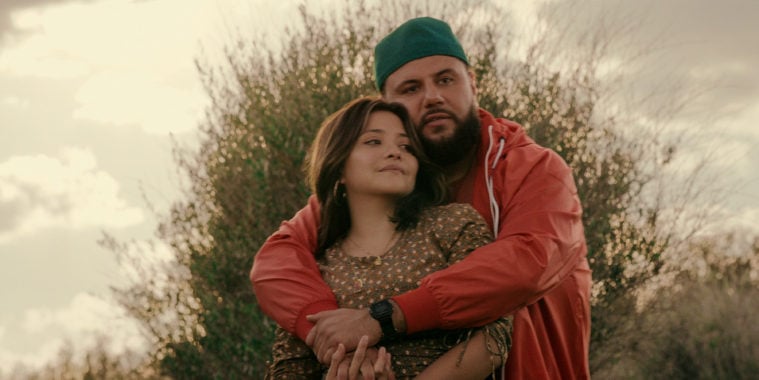
What’s the M.O. on weaving in the word “mo” in many of the episodes’ titles?
That’s incredible you caught that. I just thought it’d be a cool little nugget to put in! Initially, I thought about the play on words with “mo,” which is easy, like “Mo’ Money, Mo’ Problems” or that route. Then I had a creative idea to display the title of the episode on the screen, then have it disappear, and then just “Mo” stays. And then I thought that can be interpreted differently, maybe create some confusion about what the title of the show is. So, instead, I thought about these single words to name an episode. I thought it’d be really creative to have it in there. It just speaks to how much I thought about the show and the team, and them really dissecting everything. “Hamoodi” is a nickname for Mohammed, “Yamo” is the song when my mom was making olive oil. … It just kind of leans into what you’re going to feel in every episode pretty much right away.
What would be the show’s take-home elements for people new to Palestinian culture or asylee-immigrant-refugee journeys?
The whole thing is meant to be a learning experience, not even just from the immigrant-asylee side, but relating to a Palestinian family on television on such a level is so pure and sweet. To use that as the vehicle for people to empathize with a family like that, but also relate to it. Even if you’re not an immigrant, you can relate to it from working so hard trying to take care of your family, to appease everyone around you, while ignoring yourself and understanding there’s spiritual implications to that. It wears on your heart. It is intended to be a really universal story, of the longing, of feeling seen as an equal human being to the next person.
Anything else you would like to share?
I’m not addicted to lean [though his character quaffs cough syrup]. I’m gonna say that to every single one of you. Never have, never will. It was just another layer of complexity and emotionality to add to the character. Please spread the word! Please don’t do drugs!

